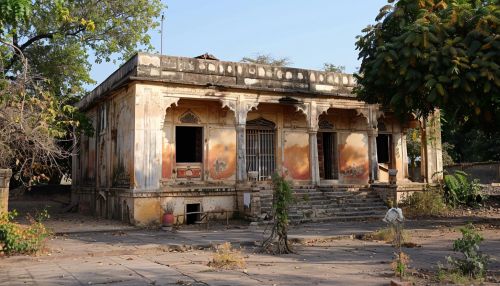Aurangzeb
Early Life
Aurangzeb was born on 3 November 1618, in Dahod, Gujarat. He was the third son and sixth child of Emperor Shah Jahan and Mumtaz Mahal. From an early age, Aurangzeb showed signs of his military prowess and strategic acumen. He was appointed as the Viceroy of the Deccan at the age of 18, a position he held for a decade.


Ascension to the Throne
Aurangzeb's ascension to the Mughal throne was marked by a bitter four-year war of succession with his brothers, particularly Dara Shikoh, who was the favourite son of Shah Jahan. Aurangzeb emerged victorious and ascended the throne in 1658, imprisoning his father and executing his brothers.
Reign
Aurangzeb's reign, which lasted for 49 years, was marked by territorial expansion, religious orthodoxy, and administrative efficiency. He expanded the Mughal Empire to its greatest extent, incorporating the southern kingdoms of Bijapur and Golconda. However, his religious policies, particularly his imposition of the jizya tax on non-Muslims, have been a subject of controversy among historians.
Military Campaigns
Aurangzeb's military campaigns were characterized by his strategic acumen and relentless pursuit of expansion. His most notable campaigns include the conquest of the Deccan, the annexation of Mewar, and the suppression of the Sikh rebellion in Punjab.
Religious Policies
Aurangzeb is often criticized for his religious policies, which were seen as discriminatory towards non-Muslims. He reintroduced the jizya tax, demolished Hindu temples, and enforced Islamic law (Sharia) throughout his empire. However, some historians argue that his policies were more complex and nuanced, reflecting his personal beliefs and the political realities of his time.
Administration
Aurangzeb's administration was marked by fiscal prudence, administrative efficiency, and a strong central authority. He implemented a series of reforms aimed at increasing revenue, reducing corruption, and improving the efficiency of the bureaucracy.
Death and Legacy
Aurangzeb died in 1707, at the age of 88, after a reign of 49 years. His death marked the beginning of the decline of the Mughal Empire. His legacy is a subject of debate among historians, with some praising his administrative efficiency and military prowess, and others criticizing his religious policies and autocratic rule.
